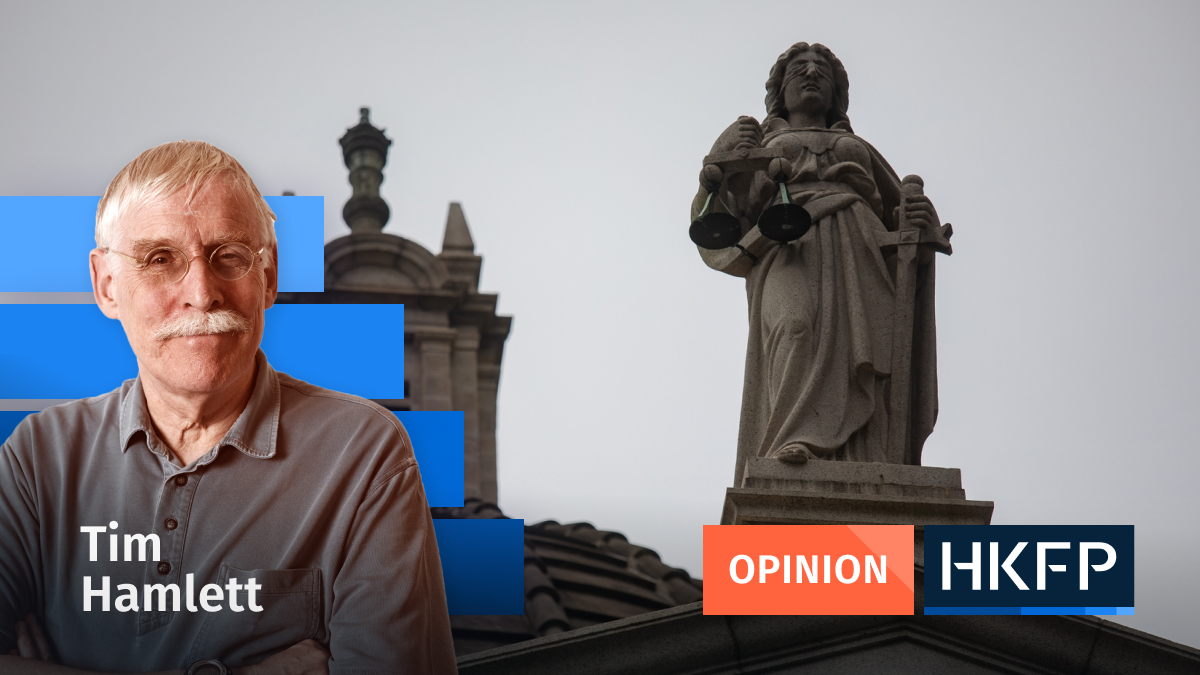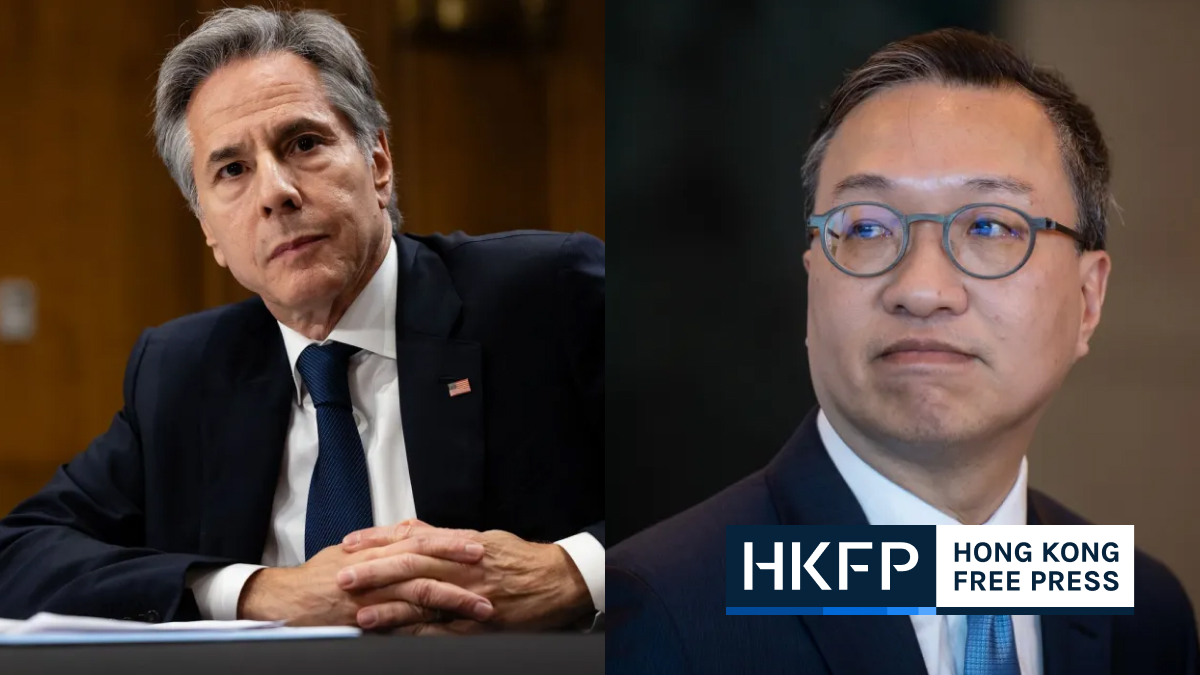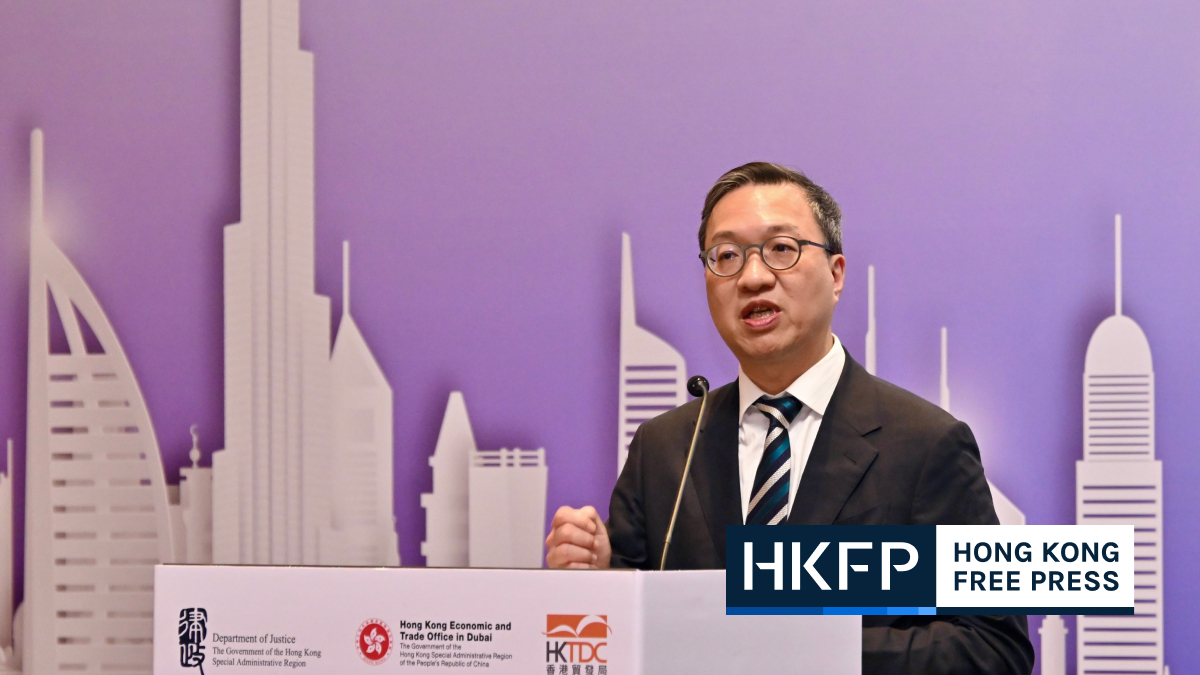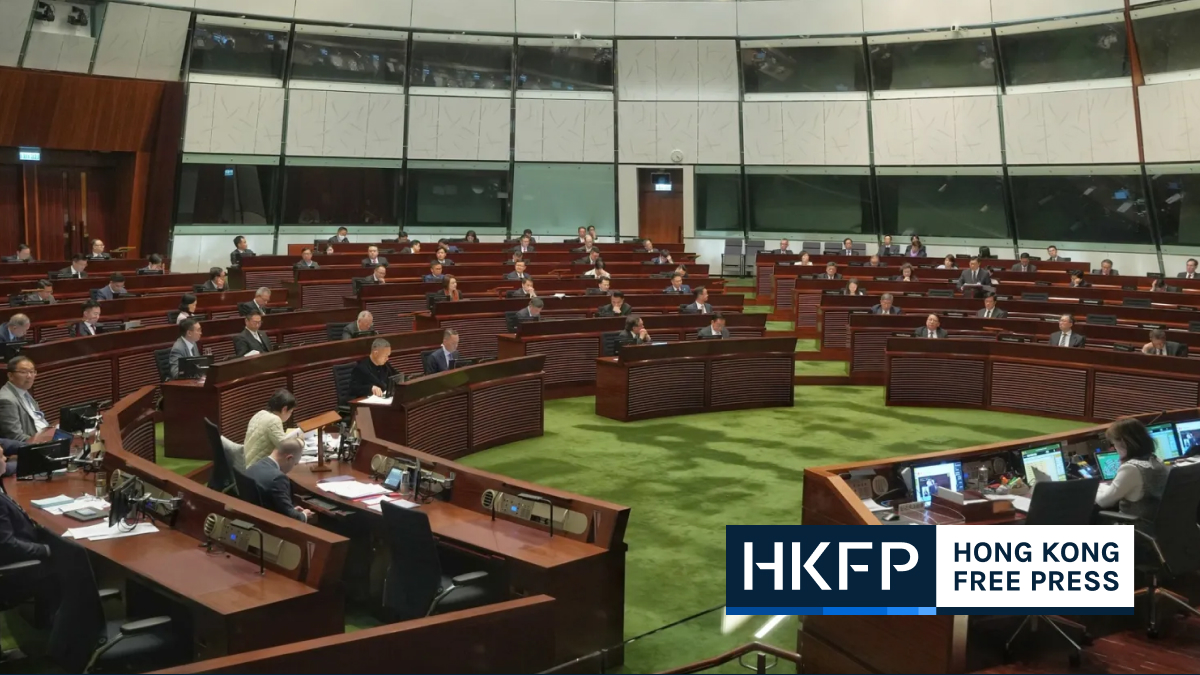A Portuguese national has been sentenced to five years in prison for conspiring to incite secession under the Beijing-imposed national security law, after a judge ruled that he had “demonised China” in social media posts which advocated independence for the city.
District Court Judge Ernest Lin said Joseph John, also known as Wong Kin-chung, had “distorted history” while managing social media accounts for the UK-based Hong Kong Independence Party.
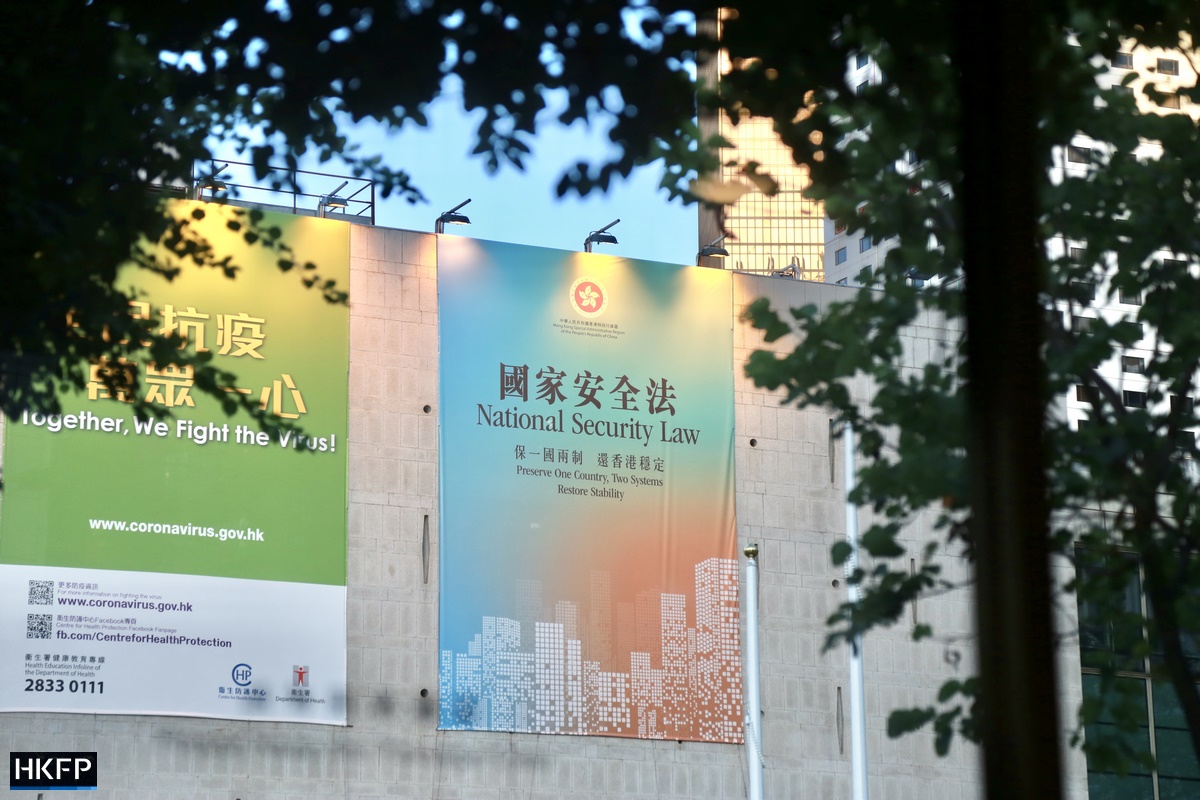
John, 41, was born in Hong Kong and holds a Portuguese passport and a Hong Kong Identity Card, making him the first dual national convicted and jailed under the security law. He was convicted in February of conspiring to incite others to commit secession between July 1, 2020, and November 1, 2022.
John was initially arrested under the colonial-era sedition law, which warrants up to two years of imprisonment. But the prosecution in March upgraded his charge to the more serious offence under the security legislation.
He has been remanded in custody for more than a year.
Five-year minimum
At the District Court on Thursday, John’s lawyer asked Judge Lin to consider a provision in the security law which incentivised defendants to surrender in exchange for lighter penalties.

But the prosecution said leniency would be at odds with an earlier national security case in which Hong Kong’s top court ruled that guilty pleas, which typically carry a one-third jail term discount, could not reduce sentences below the five-year minimum for “serious” security law offences.
Delivering John’s sentence on Thursday, Lin handed down an initial 78 months. Although John pleaded guilty, his sentence could not be set below the minimum five years.
Lin said John had “distorted history, demonised the Chinese government, and appealed to foreign countries to destroy Hong Kong and China.”
He said John disseminated posts and messages on social media channels advocating Hong Kong’s designation as an independent Commonwealth nation and its “decolonisation” from the People’s Republic of China, as well as for an armed invasion of China.
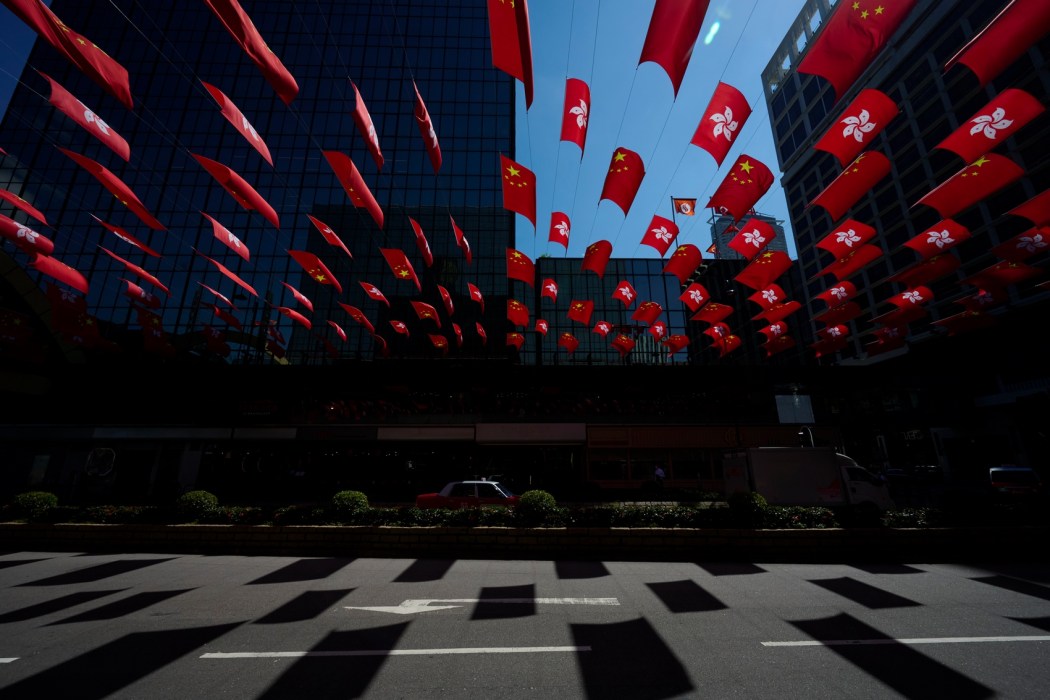
John disseminated 42 posts indicating those views on six different online platforms, 35 of which were posted after the national security law came into effect in June 2020, according to the case details. The court ruled that his actions were premeditated, and not a result of him losing his composure out of anger.
Defendant’s ‘own doing’
John had willingly given police officers the passcode to his phone when asked to do so, and the website of the UK-registered party had been taken down at the time of his arrest, his lawyer said.
But the judge said John did not provide any information on his co-conspirators.
John, who worked at the Royal College of Music in the UK, returned to Hong Kong in 2022 to visit his mother, who had dementia, rather than to hand himself over to the authorities, Lin added. “While I am sympathetic, I also believe that the defendant’s misfortune was entirely a result of his own doing,” he said.
Portuguese Consul-General in Macau and Hong Kong Alexandre Leitão, and deputy head of office at the European Union Office to Hong Kong and Macau Matthias Kaufmann, were among the observers in the public gallery on Thursday.
Beijing inserted national security legislation directly into Hong Kong’s mini-constitution in June 2020 following a year of pro-democracy protests and unrest. It criminalised subversion, secession, collusion with foreign forces and terrorist acts – broadly defined to include disruption to transport and other infrastructure. The move gave police sweeping new powers and led to hundreds of arrests amid new legal precedents, while dozens of civil society groups disappeared. The authorities say it restored stability and peace to the city, rejecting criticism from trade partners, the UN and NGOs.
Support HKFP | Policies & Ethics | Error/typo? | Contact Us | Newsletter | Transparency & Annual Report | Apps
Help safeguard press freedom & keep HKFP free for all readers by supporting our team





















